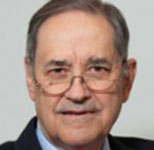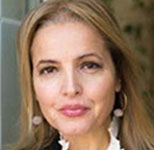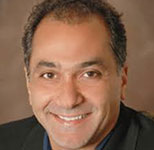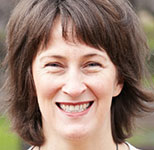2021 - ISODP Webinar Series
This page contains exclusive content for the member of the following sections: TTS, ISODP. Log in to view.
Day 1: Donation after Circulatory Death
1.1 - Donation after Circulatory Death
Presenter: Francis L. , Delmonico, ,
Authors: Francis L. Delmonico, Beatriz Dominguez-Gil, Sam Shemie, Howard M. Nathan, Helen Opdam
Day 1: Monday, November 1 - Donation after Circulatory Death
Monday, November 1, 2021, 10:00 AM (Local time in Montreal)
Important Disclaimer
By viewing the material on this site you understand and accept that:
- The opinions and statements expressed on this site reflect the views of the author or authors and do not necessarily reflect those of The Transplantation Society and/or its Sections.
- The hosting of material on The Transplantation Society site does not signify endorsement of this material by The Transplantation Society and/or its Sections.
- The material is solely for educational purposes for qualified health care professionals.
- The Transplantation Society and/or its Sections are not liable for any decision made or action taken based on the information contained in the material on this site.
- The information cannot be used as a substitute for professional care.
- The information does not represent a standard of care.
- No physician-patient relationship is being established.
Social
Contact
Address
International Society for Organ
Donation Professionals
c/o The Transplantation Society
740 Notre-Dame Ouest
Suite 1245
Montréal, QC, H3C 3X6
Canada







